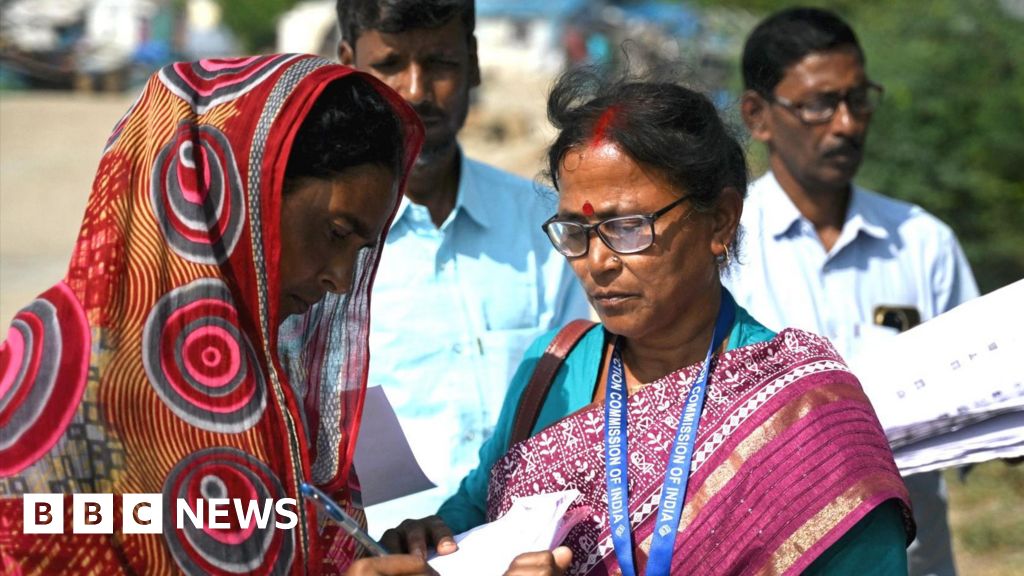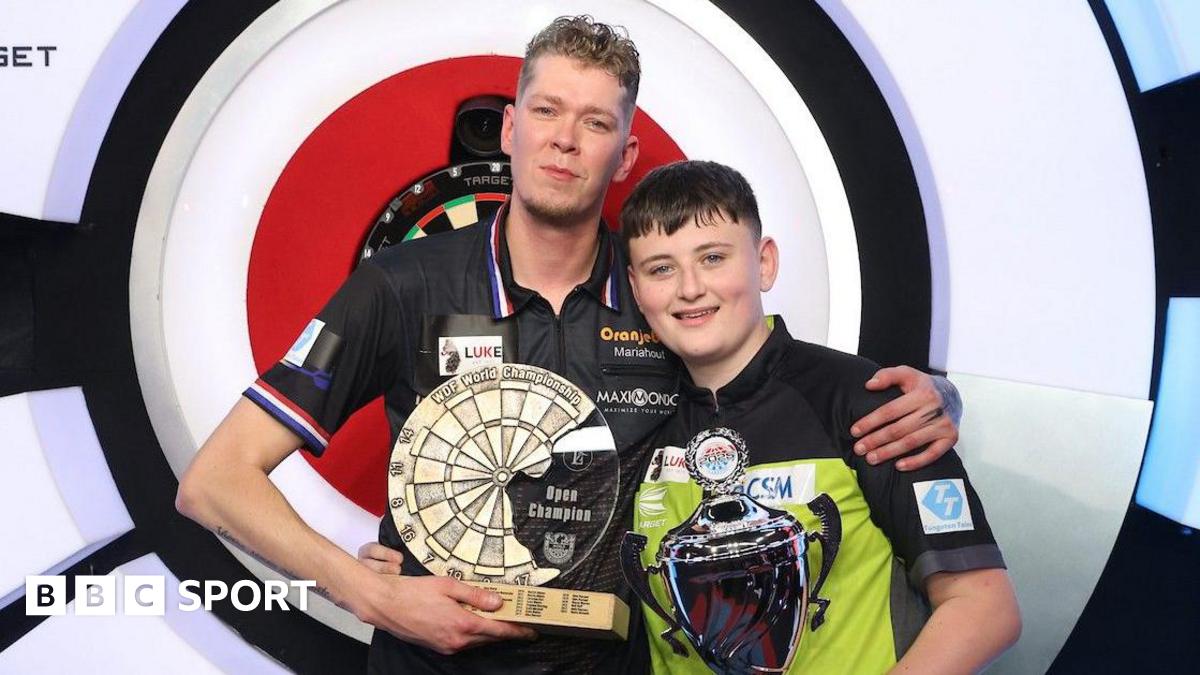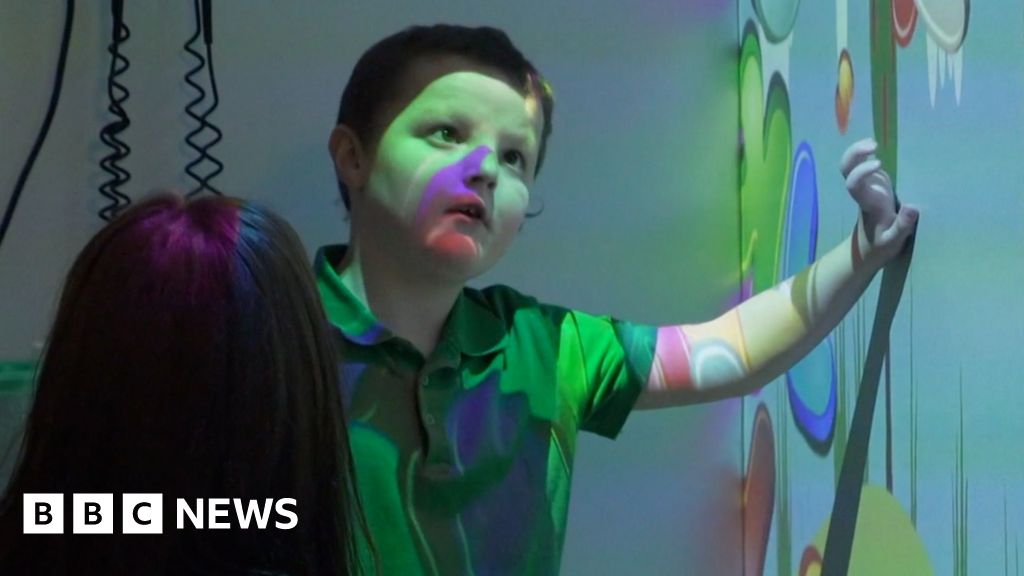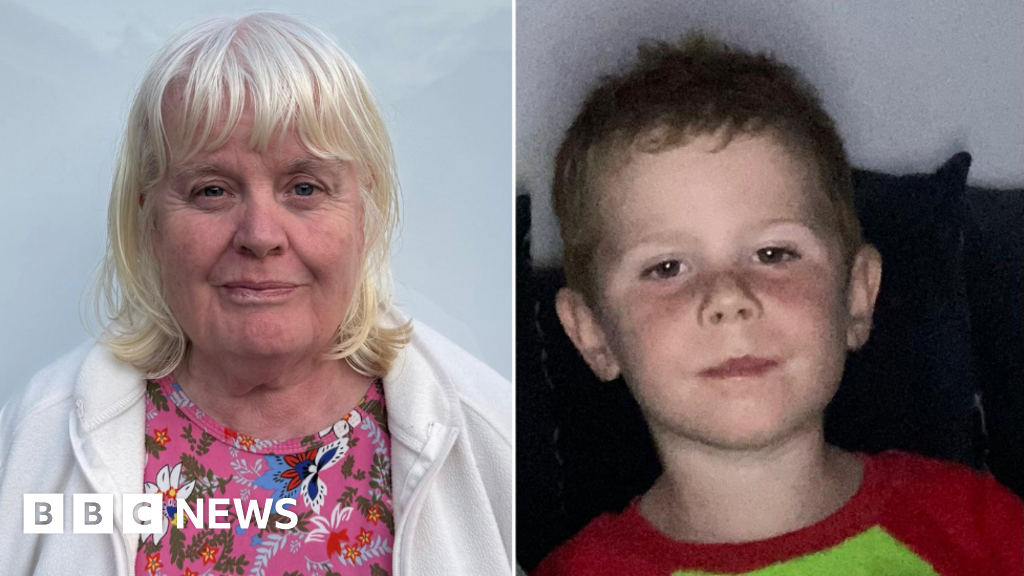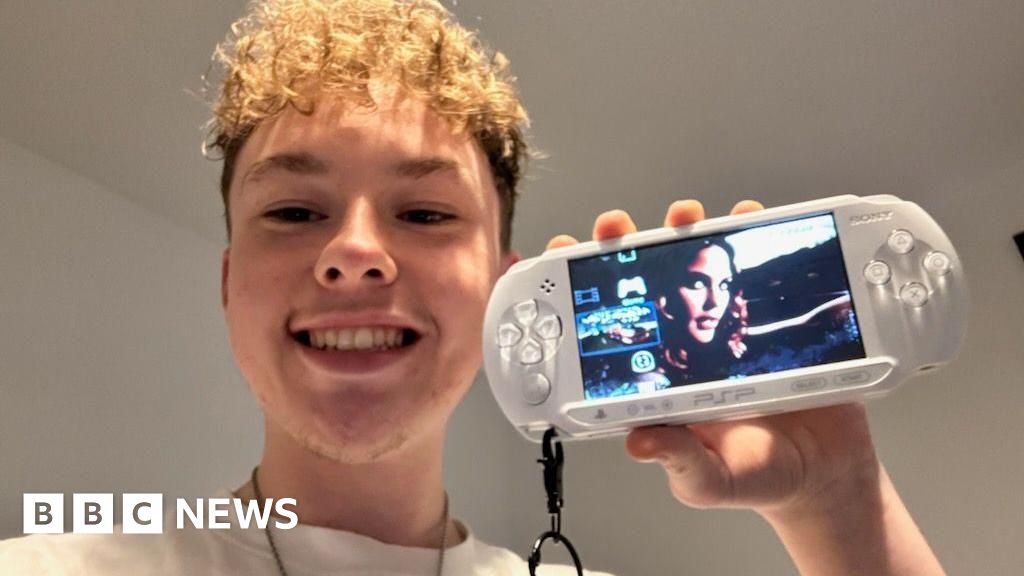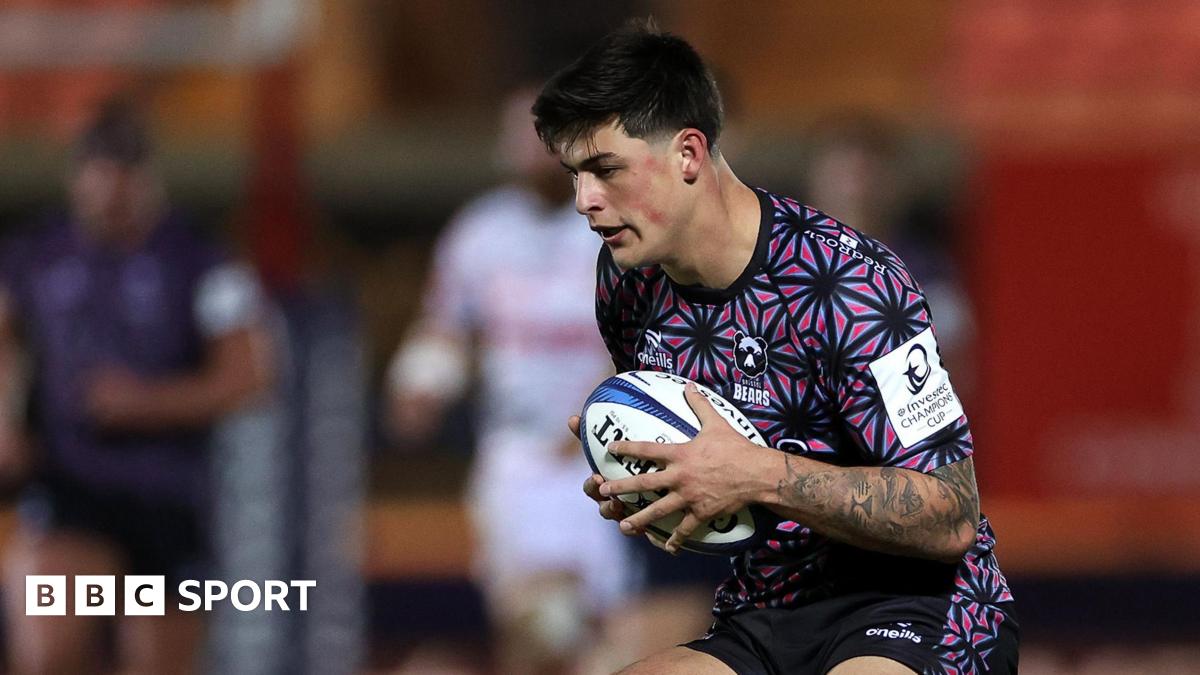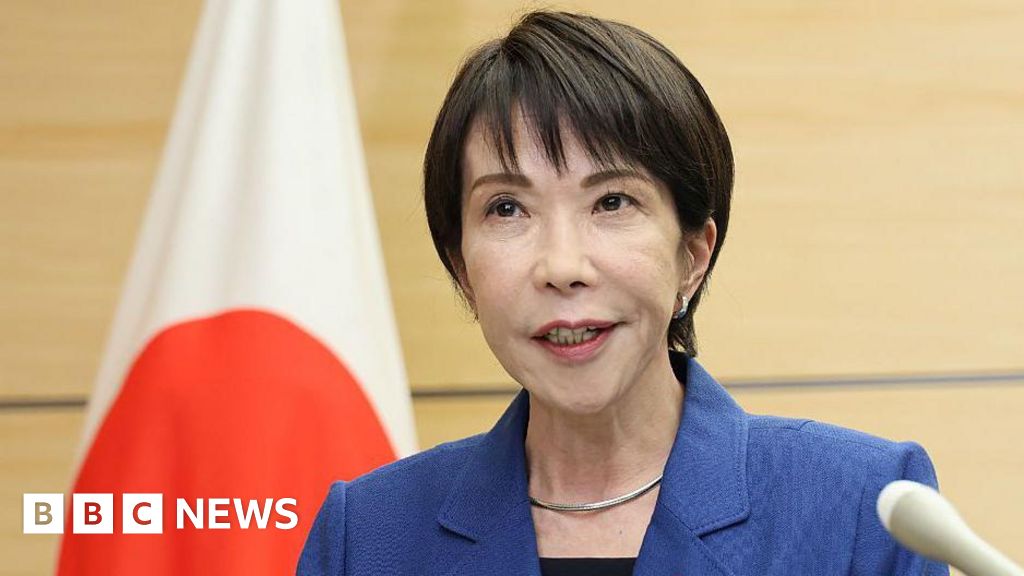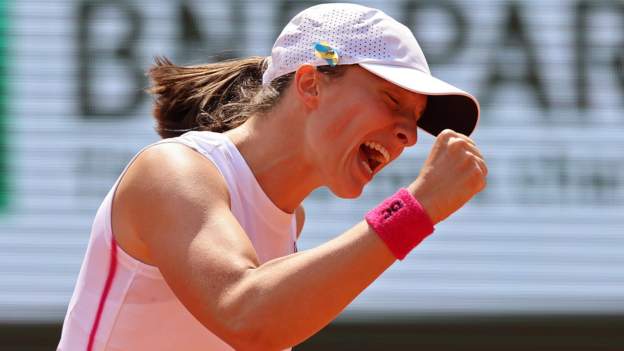| Venue: Roland Garros, Paris Dates: 28 May-11 June |
| Coverage: Live text and radio commentaries of selected matches across BBC Radio 5 Sports Extra, the BBC Sport website and app |
Defending champion Iga Swiatek maintained her dominance over American teenager Coco Gauff to set up a French Open semi-final against Brazilian 14th seed Beatriz Haddad Maia.
World number one Swiatek, who beat Gauff in the 2022 final, won 6-4 6-2.
The contest was much closer than last year but Swiatek’s quality showed in a seventh straight win over Gauff.
Haddad Maia reached her first Grand Slam semi-final by fighting back to stun Tunisia’s Ons Jabeur.
Haddad Maia, who had never previously reached the third round of a major, recovered to win 3-6 7-6 (7-5) 6-1.
The 27-year-old is the first Brazilian woman to reach a Grand Slam semi-final since Maria Bueno in 1968.
Swiatek ‘happy’ to spend more time on court
Swiatek has been the standout player on the women’s tour over the past 15 months, winning some of the sport’s biggest prizes and proving particularly difficult to beat on clay.
However the form of Belarus’ Aryna Sabalenka and Kazakhstan’s Elena Rybakina this year, plus a thigh injury suffered by the Pole in the build-up to Roland Garros, meant there had been greater debate over Swiatek’s chances of defending her title.
But the 22-year-old has quickly reasserted herself as the overwhelming favourite with a series of dominant performances.
The straight-set victory over sixth seed Gauff means she has not lost a set this fortnight, dropping just 15 games in her five matches so far.
Facing the American was her biggest test yet and, although Gauff played smartly to try and disrupt her rhythm, the gulf between the pair was ultimately still too great.
The first set was a proper contest, the pair exchanging breaks midway through, before Swiatek increased the pressure towards the end and took advantage of some loose shots at key moments from her opponent.
Swiatek fended off three break points to hold for 2-1 in the second set, with Gauff quickly paying the price for not taking advantage of the rare chances afforded by the top seed.
While Gauff held to love in the next game for 2-2, Swiatek moved up another gear and quickly took the final four games to move into her third Roland Garros semi-final in five years.
“I didn’t really spend too much time on court so I’m actually happy today was a tighter match,” Swiatek said.
“I will be ready [for the semi-finals] no matter what.”
After losing in last year’s final, Gauff was overcome with emotion while waiting for the trophy presentations and hid beneath a towel while she sobbed.
The 19-year-old was able to hide her feelings this year with a speedy exit from court, but was teary in her post-match news conference.
“I wouldn’t say I’m more at peace. To be honest, I’m still very frustrated, but I guess I’m trying not to show it as much. I don’t want those pictures on the internet,” she said.
Tennis is ‘a marathon not a 100m’ for Haddad Maia
Haddad Maia has become known for her ability to come through long tests, including in the Roland Garros fourth round when she outlasted Spain’s Sara Sorribes Tormo in an epic lasting almost four hours.
That was the longest women’s match of the season and, while the encounter against Jabeur was nowhere near as long, she again demonstrated her physical and mental endurance.
“I think a tennis match is like a marathon. It’s not a 100m race,” she said.
“I think one of my qualities is that I wait and I’m very patient and I never give up.
“Even if I’m not playing well, or I’m missing a few shots, the tennis will appear and I’ll have my opportunity.”
Haddad Maia, who served a 10-month doping suspension which ended in 2020, was broken three times in the first set as Jabeur took control.
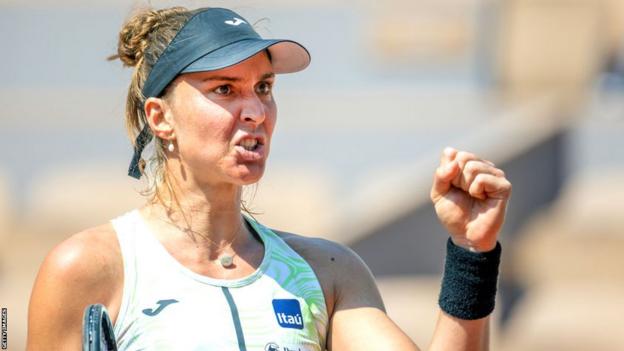
Break opportunities were scarce in the second set until Jabeur could not convert two chances at 5-5 – and this proved a pivotal moment in the match.
The Brazilian, who had showed the importance of hanging in as Jabeur rattled through service games, eventually took a fourth set point to send the match into a decider.
Galvanised, the left-hander’s heavy forehand returns caused more problems for Jabeur and, able to hear the support of singing Brazilian fans, surged ahead.
Jabeur, now becoming increasingly demoralised, spanked a forehand long on the second match point, leaving Haddad Maia looking flummoxed at what she had just achieved.






